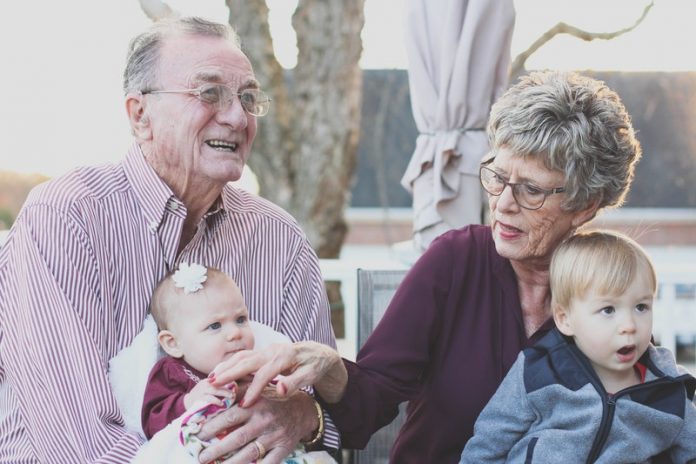
“Memory is the first thing to go.”
Everyone has heard it, and decades of research studies seem to confirm it: While it may not always be the first sign of aging, some faculties, including memory, do get worse as people age.
It may not be that straightforward.
In a new study, researchers looked at the brain activity of older people not by requiring them to recite a group of words or remember a string of numbers.
Instead, they looked at a “naturalistic approach,” one that more closely resembled real-world activities.
They found that brain activity in older adults isn’t necessarily quieter when it comes to memory.
The research was conducted by a team at Washington University in St. Louis.
Common tests of memory involve a person’s ability to remember a string of words, count backward, or recognize repeated images.
Instead, the team used a data set from the Cambridge Center for Aging and Neuroscience (Cam-CAN) that included functional MRI (fMRI) scans of people watching an 8-minute movie.
One particular way people categorize events is by marking boundaries—where one event ends and another begins.
And what constitutes a boundary is actually consistent among people.
When looking at the fMRI results, the team found older adults showed similarly increased activity as a control group at the boundaries of events.
That’s not to say that brains of all ages are processing the information similarly. It’s just different. In some areas, activity goes down and, in some, it actually goes up.
The overall activity did decline pretty reliably across ages 18-88, and when grouped into “younger, middle-aged, and older,” there was a statistically reliable drop-in activity from one group to another.
Much of the activity is in an area of the brain referred to as the posterior medial network—which includes regions in the midline and toward the backside of the brain.
In addition to memory, these areas are heavily involved in representing context and situational awareness. Some of those areas showed decreased activity in older adults.
The team also found at the boundaries, there were differences in the levels of activity in the hippocampus that was related to memory in a different measurement—”story memory”.
But for older adults, closer to the front of the brain, particularly the medial prefrontal cortex, things were looking up.
Activity in that area of the brain was ramped up in older adults. This area is implicated in broad, schematic knowledge—what it’s like to go to a grocery store as opposed to a particular grocery store.
The team says as older adults lose some responsiveness in posterior parts of the brain, they may be shifting away from the more detailed contextual information.
Older adults might be representing events in different ways, and transitions might be picked up differently than younger people.
So an interesting conclusion one could draw is maybe healthy older adults aren’t ‘missing the picture.’ It’s not that the info isn’t getting in, it’s just it’s getting in differently.
One author of the study is Zachariah Reagh, assistant professor of psychological and brain sciences in Arts & Sciences.
The study is published in Nature Communications.
Copyright © 2020 Knowridge Science Report. All rights reserved.



